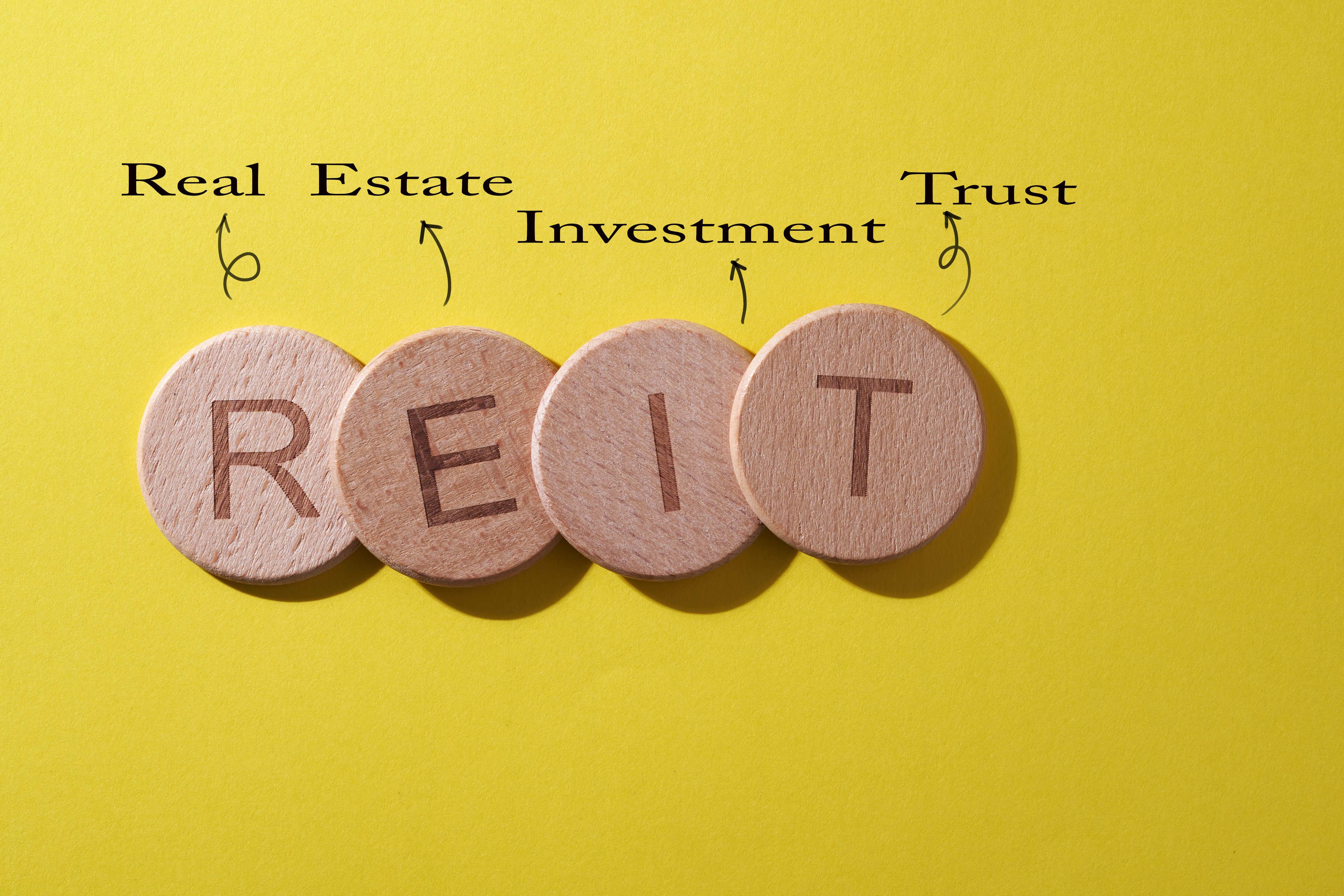Since the stock market crash of 1929 (and subsequent Great Depression), there have been 27 bear markets. A bear market is a market cycle in which a major stock index, like the S&P 500, drops by 20% or more from its most recent high.
If you're retired or nearing retirement and worried about the next bear market, here's what you need to know.

Image source: Getty Images.
Resist the temptation to panic sell
Panic selling occurs when investors quickly liquidate their assets in response to market downturns. The sharper the downturn, the more likely people are to panic sell. This reaction may not be rational but tends to be driven by fear and loss aversion. Herd mentality may also play a role in spurring people to take steps they'll ultimately regret.
Regret occurs when people realize that panic selling was an expensive mistake. Even if you believe you're "protecting" your money, selling off during a bear market often results in significant financial losses. Selling when market prices are depressed means missing out on the subsequent recovery.
Here's why. Some of the most substantial gains in the market occur in the very early days of a rebound. It's so early, in fact, that the economic news remains dismal, and even experts aren't sure whether it's a bear market rally or the beginning of a bull market.
An analysis by JPMorgan found that missing just the 10 best days in the market over a 20-year period could reduce your total return by more than 50%. Selling while the market is depressed means you'll likely miss those 10 best days.
Accept that it will happen again
Even if you hate driving on ice, chances are, you don't sit around worried about when the next ice storm will hit. Knowing that ice and snow are a natural part of winter is enough to remind you that ice storms come and go.
The same is true of bear markets. You may not enjoy them, but you know they're a natural part of the economic cycle -- they come and they go. And just as you might store salt and sand in preparation for the next ice storm, there are steps you can take to ensure you're ready for the next bear market.
If you get nervous, take action
Rather than worry, take steps to ensure you'll be as ready as possible when the next bear market rolls in. For example, double-check your asset allocation.
Even in retirement, you want to ensure your portfolio is balanced to align with your goals and risk tolerances. For example, if you suspect a bear market around the corner and are concerned that too much of your portfolio is made up of stocks, go ahead and reallocate some of those funds to bonds and other lower-risk investments.
If you depend on withdrawing a specific amount of money from your retirement accounts each year, you can do another important thing. Build up funds in cash or cash-equivalent accounts to draw from while the bears are sleeping.
There's a good reason for building a cash reserve. The hallmark of a bear market is depressed asset value. You must sell more assets to earn the money you need. By having another pool of money to draw from, you won't be forced to sell assets at a bargain price.
Sometimes, just doing something is enough to make you feel better.
There's good news
Bear markets are more than an opportunity to exhibit your personal resolve; they're also a chance to make money. Here's how.
- You're in the right place at the right time: Sticking with the market presents opportunities to scoop up stocks and other assets while the prices are low and enjoy higher returns as the market eventually rebounds.
- You can get strategic with taxes: You can use a bear market to save on taxes through tax-loss harvesting. Let's say you sell an investment that's lost value (a very different move than panic-selling). You can use that loss to offset capital gains or a portion of ordinary income.
- There's light at the end of the tunnel: You're there for the recovery. By remaining in the market, you benefit from the recovery when prices rise again.
The reality is this: Bear markets tend to be short-lived. With an average length of about 9.6 months, they're significantly shorter than the average length of a bull market, which is 2.7 years. That's not to say that bear markets aren't uncomfortable, but with a little planning, you'll likely sail right through.





